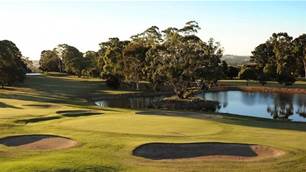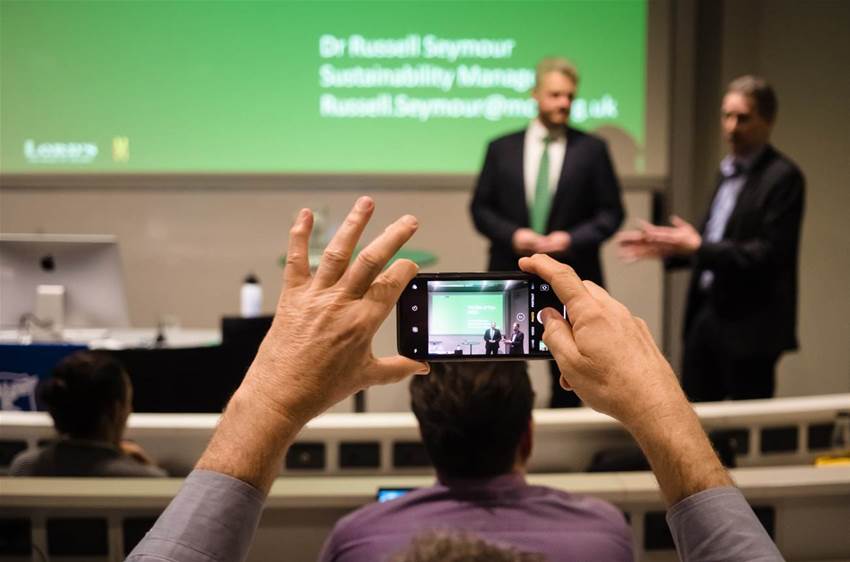Far from just tinkering with the scenery, club SEA-changers are shaking up their world view.
The movement started at the 1994 Lillehammer Games, and sister organisations in the UK and US ensure it continues to be a global conversation. The result is a myriad of actions as varied as the sports themselves. The Australian Grand Prix has introduced the Green Prix focusing on clean-up days. The head office of Bowls Australia has gone paperless. Overseas, some sporting facilities have become the epicentre of climate action.
“A good example in Europe is the 148 Nissan Leaf batteries that have been put together as a mega battery at the Amsterdam Arena,” Dr Nguyen says. “The stadium is a charging station but they also store that energy to redistribute to their local communities. I think we’ll start seeing that more.
“Sport doesn’t realise how much potential it has, particularly in the area of water capture. If a community runs out of water, local sports clubs that have been hoarding water, might play a really important role.”
But as much as big facilities and mega projects grab headlines it’s at the grassroots where the real revolution needs to take place.
NOMINATE FOR #CLUBBIES2020 BEST FACILITY

“Community clubs can upcycle, recycle, they carpool - that’s a big issue now looking at transport emissions,” Nguyen adds. “I’m sure that’s happening already but it’s about making is systemic and part of their culture.
“West Coast Eagles is definitely worth a look at. They have a campaign called Rethink Your Waste – and community clubs can do this too – they pick a game in the schedule and use that to encourage people to do something, whether that is to bring a reusable cup or something else."
Other clubs have deployed bin goalies or “waste warriors” to stand near bins and advise people how to divide up their recyclables.
“When people are like ‘oh god, where does this thing go’ and they will help you,” Dr Nguyen says. “It’s about educating people so when they come back again they’ll know what to do.
“A football club in Darebin (under local government policy) got rid of the plastic cups for players and asked member families for donations of mugs. On football mornings you see all these people with various mugs different sizes and shapes. And they get the boys or girls, whoever’s playing, to wash up afterwards. It feels like you’re in someone’s living room. I love that because that’s sort of the point. Sport is about community.”
NOMINATE FOR #CLUBBIES2020 BEST FACILITY
Related Articles

Clubbies winner a 'hidden gem'
Clubbies winners: broken waves, inspired lives













